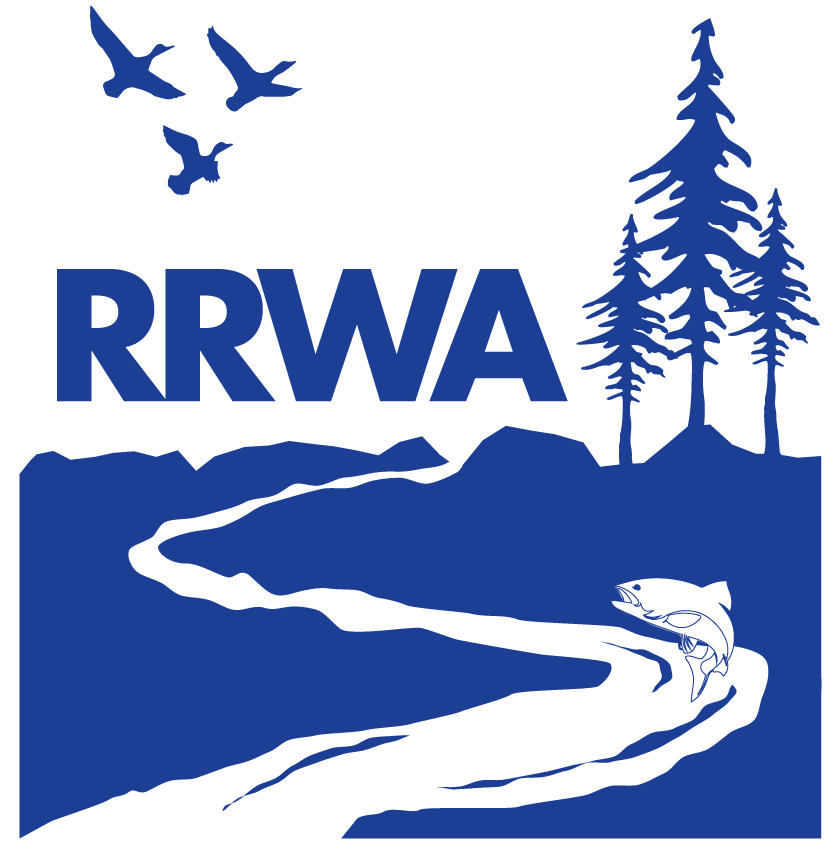We Need a Trash Service Along the Russian River
In the summer months, people experiencing homelessness may establish encampments within the riparian zone of the Russian River and inadvertently create a significant source of trash entering our waterways. Over the course of time, thousands of pounds of plastics, needles, and human and pet waste accumulate around their camps. When the first large storm of the wet season rolls in these pollutants are swept downstream, discharge into the river, and eventually make their way to the ocean. Plastics, as we know do not biodegrade but rather continually reduce into microplastics. These microplastics end up in the ecosystem and ultimately create a biomagnification effect within our food chain. Untreated fecal matter entering the river spread harmful bacteria such as E. coli and Enterococcus, and needles present a risk to those looking to safely swim and enjoy the beneficial uses the river provides to the wildlife and our community.
This ongoing problem is not new, as chances are you’ve heard about this issue is one capacity or another. On the bright side, you also may have heard about cleanup programs which aim to solve this problem – at least temporarily. The “Trash Trolls” of Sonoma County, Sally and Keary Sorenson, as well as Chris Brokate of the Clean River Alliance (before his retirement) are examples of volunteers who provide a trash service for people experiencing homelessness along the Russian River.
The idea behind a trash service for homeless individuals is fairly simple. Since many within this population lack the resources or permanent address for a traditional trash service, they are left with not much of a choice other than to litter. I know some residents near the Russian River have bitter feelings towards these individuals because of the littering, but I ask that you put yourself in their shoes for a second. People experiencing homelessness often don’t have a means of transporting large amounts of trash to the dump. Not to mention the fees associated with this. Most of us living in houses and apartments don’t think twice about the ease of simply tying a knot on a trash bag, leaving it in a can, and it disappearing once a week. Homeless trash services aim to bring that convenience to those living along the river and alleviate the environmental concerns associated with these communities.
You may still have your doubts about the effectiveness of a trash service for the homeless population, many of whom suffer from mental health and substance abuse issues. However, I remember when I volunteered with Chris Brokate in 2019 for a school project, he told me that the majority of homeless people when given easy access to trash bags, sharps containers, and a reliable location to leave their trash were happy to bag their own garbage. I saw with my own eyes that once word got out there was a way to dispose of their trash for free, Chris’s signature orange trash bags started showing up at the locations he selected and the trash service’s proof of concept in Ukiah was successful. Often, people want to do the right thing and it is simply a matter of finding a way to make that path as easy as possible for them.
With that said, the noble efforts of Chris Brokate, Sally Sorenson, and Keary Sorenson as well as all other volunteers doing similar duties are not enough. Their work is underfunded and most of the time relies on donations, rarely from grants. Even with all the funding in the world their work still lacks structural support from local governments, and without their constant upkeep the trash services would fizzle out. Local government along the Russian River need to see the pollution issue not as a vague, hard-to-solve homeless issue and instead as a lack of infrastructure issue. Permanent, regularly serviced dumpsters/trash receptacles should be installed in locations all along the river. Signage indicating the purpose of the receptacles as well as trash bag dispensers and sharps containers would also be helpful. These trash receptacles would not only help the homeless population clean up their encampments, but also those swimming and playing by the river. A substantial portion of the garbage left along the riverbanks comes from recreational use and nearby access to trash receptacles has been shown to significantly decrease the amount of litter in that area. A cleaner Russian River is achievable, but reaching that goal requires investing in infrastructure that extends access to trash services rather than simply pointing the finger and expecting change to happen.
The good news is there are things you can do to help! Reach out to your local legislators (City Council or Board of Supervisors) and encourage them to support programs that would provide these services. Make a tax-deductible donation to the Russian River’s “Trash Trolls” through the West County Community Services at www.westcountyservices.org/donate-to-the-trash-trolls or send a check to PO Box 325 Guerneville, CA 95446 and write “Trash Trolls” on your check so your donation is routed to their purposes. Bring your family, friends or neighbors out to volunteer and help clean up trash along our waterways by contacting Russian Riverkeeper at info@russianriverkeeper.org or (707) 433-1958.




